I recently read a piece of research that suggested that group training programmes just don’t work – that they are ineffective and fail to deliver on the objectives that they were designed to fulfil. Now you can imagine, for me, that was quite disappointing research to read. Because my experience is that group training is actually a great experience for people and usually does deliver on exactly what it was designed to achieve.
So it got me thinking about why some training programmes might not work, when others do. And to be honest, most of what I came up with is nothing to do with what the trainers are doing, and very little to do with the content of the workshop. It’s actually all to do with the way it’s set up…
![[Video] Secrets of successful group training](https://www.brilliantminds.co.uk/wp-content/uploads/2020/06/video20-06A.png)
![[Video] Why are women treated differently from men at work?](https://www.brilliantminds.co.uk/wp-content/uploads/2020/05/video20-05B.png)
![[Video] The power of storytelling](https://www.brilliantminds.co.uk/wp-content/uploads/2020/05/video20-05A.png)
![[Article] It’s virtually the same](https://www.brilliantminds.co.uk/wp-content/uploads/2020/04/Singapore2.jpg)
![[Video] Breaking old habits](https://www.brilliantminds.co.uk/wp-content/uploads/2020/04/video20-04A.png)
![[Article] Working at Home](https://www.brilliantminds.co.uk/wp-content/uploads/2020/04/workingathome.png)
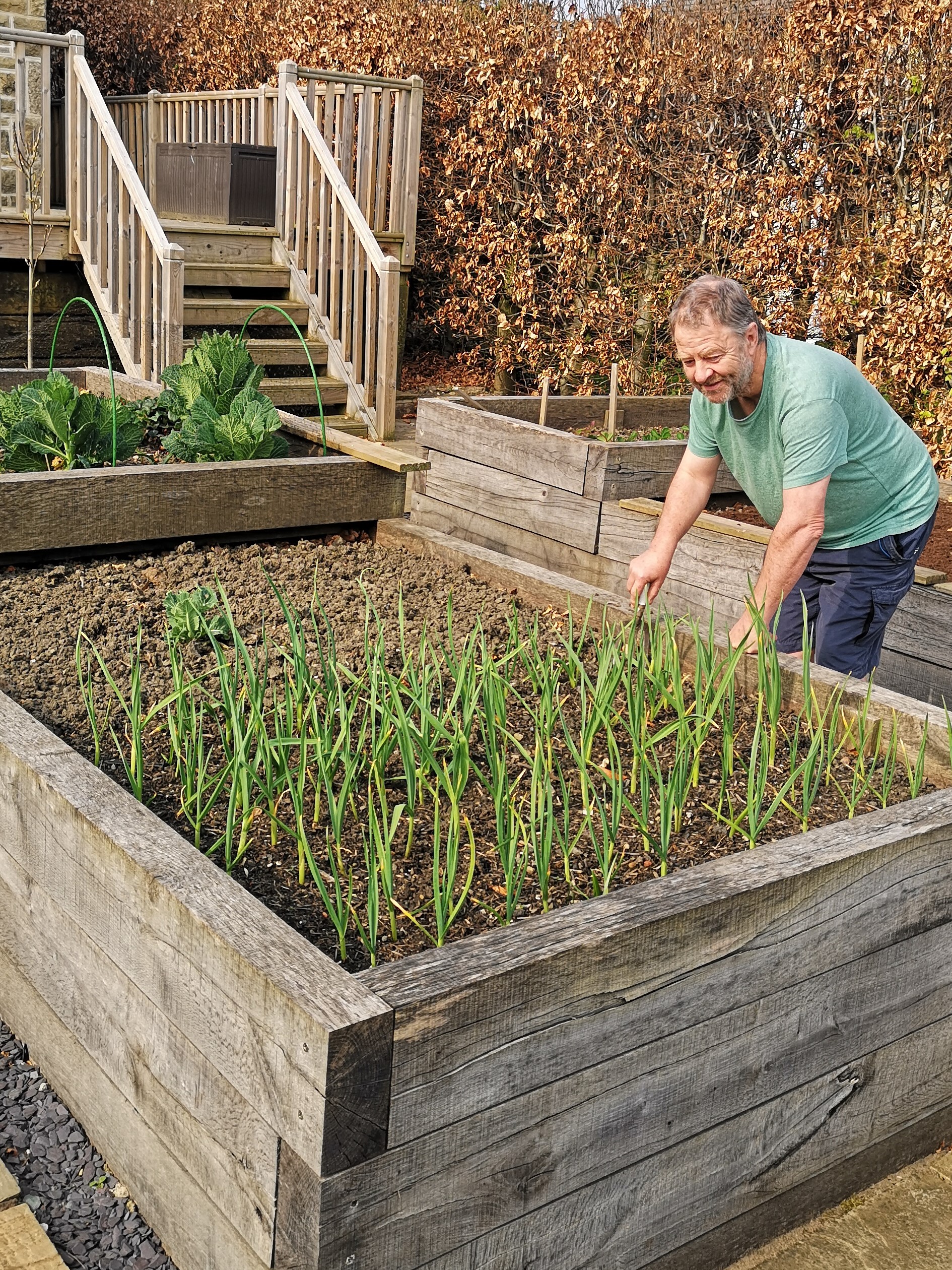
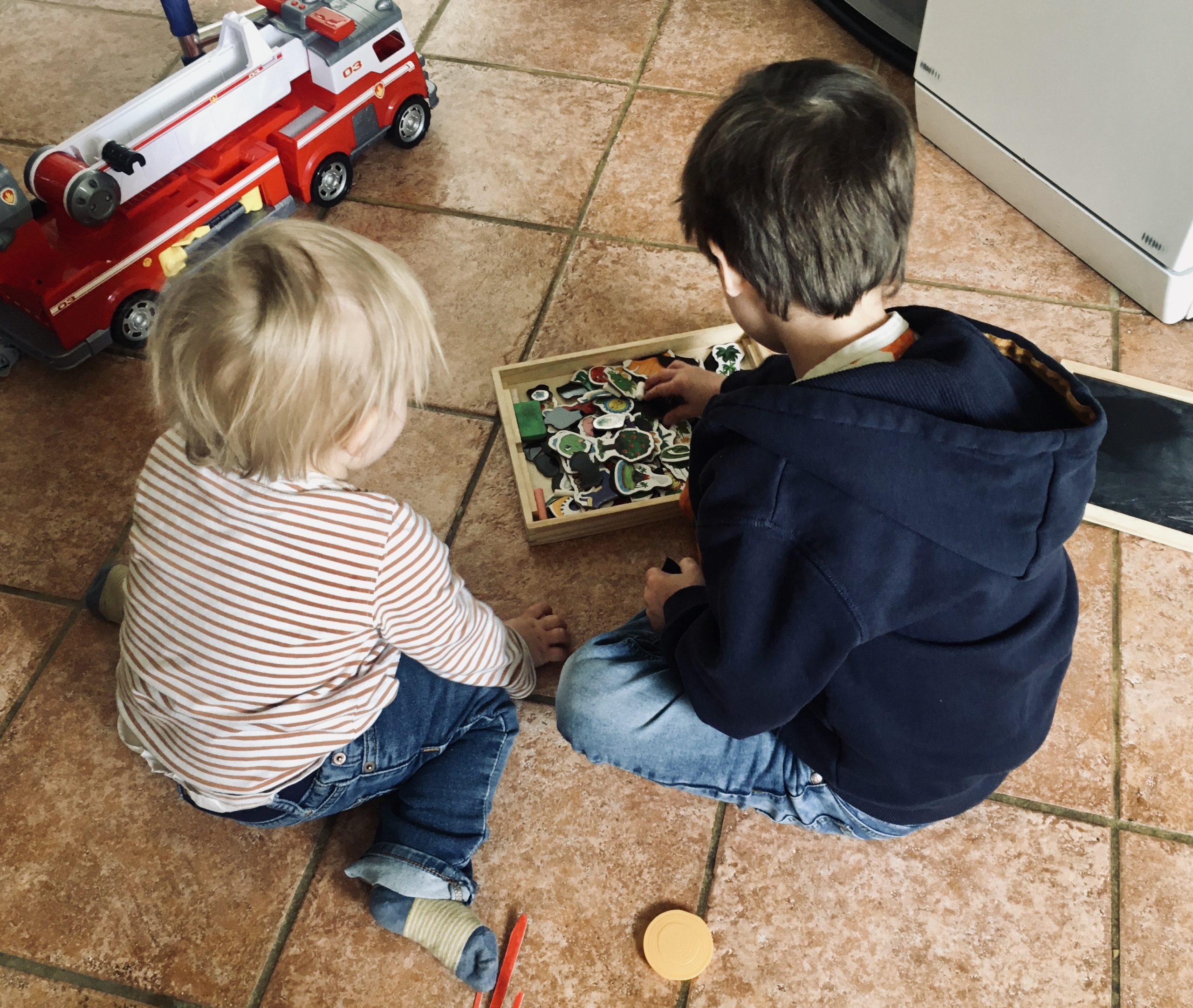
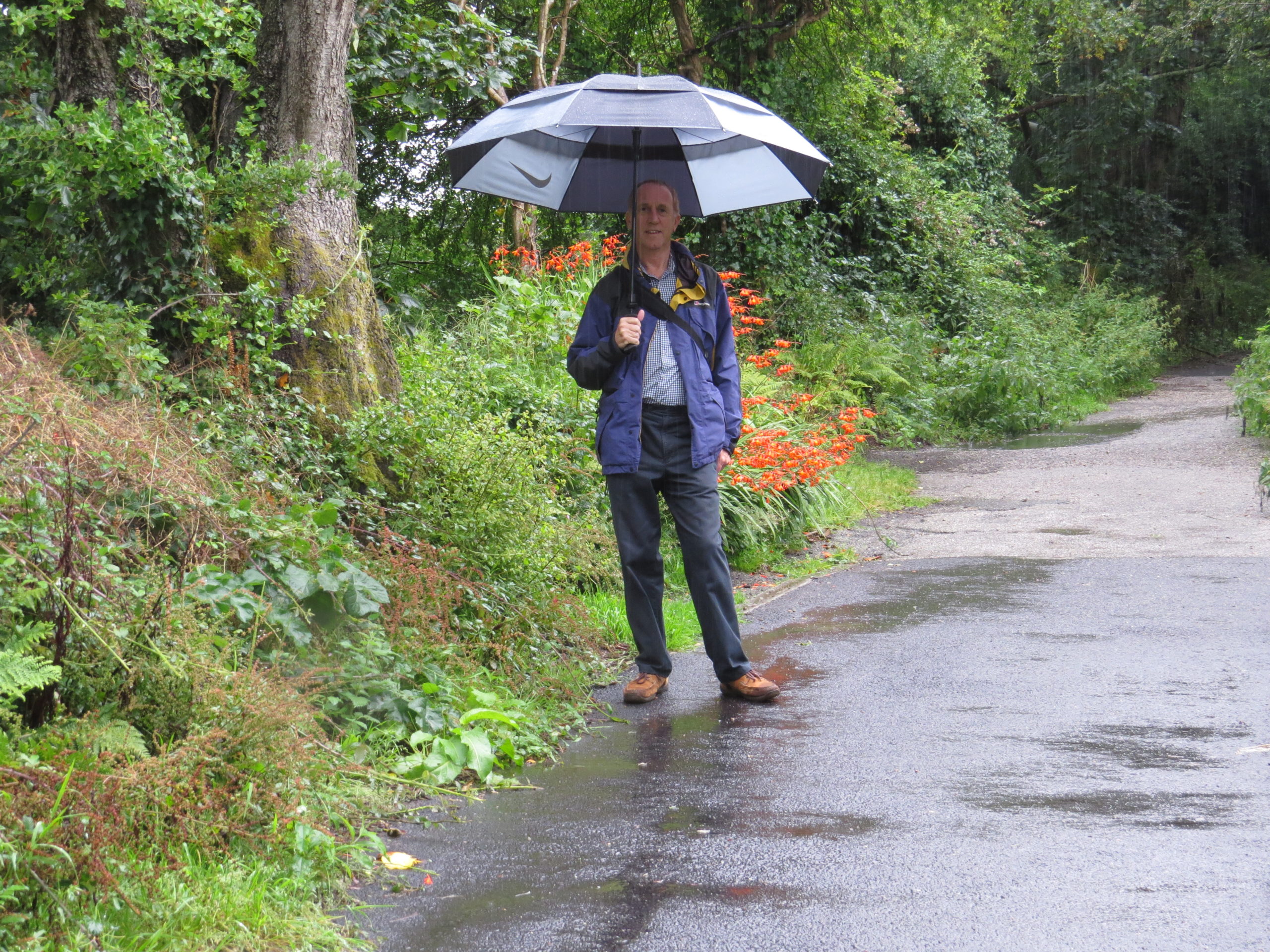

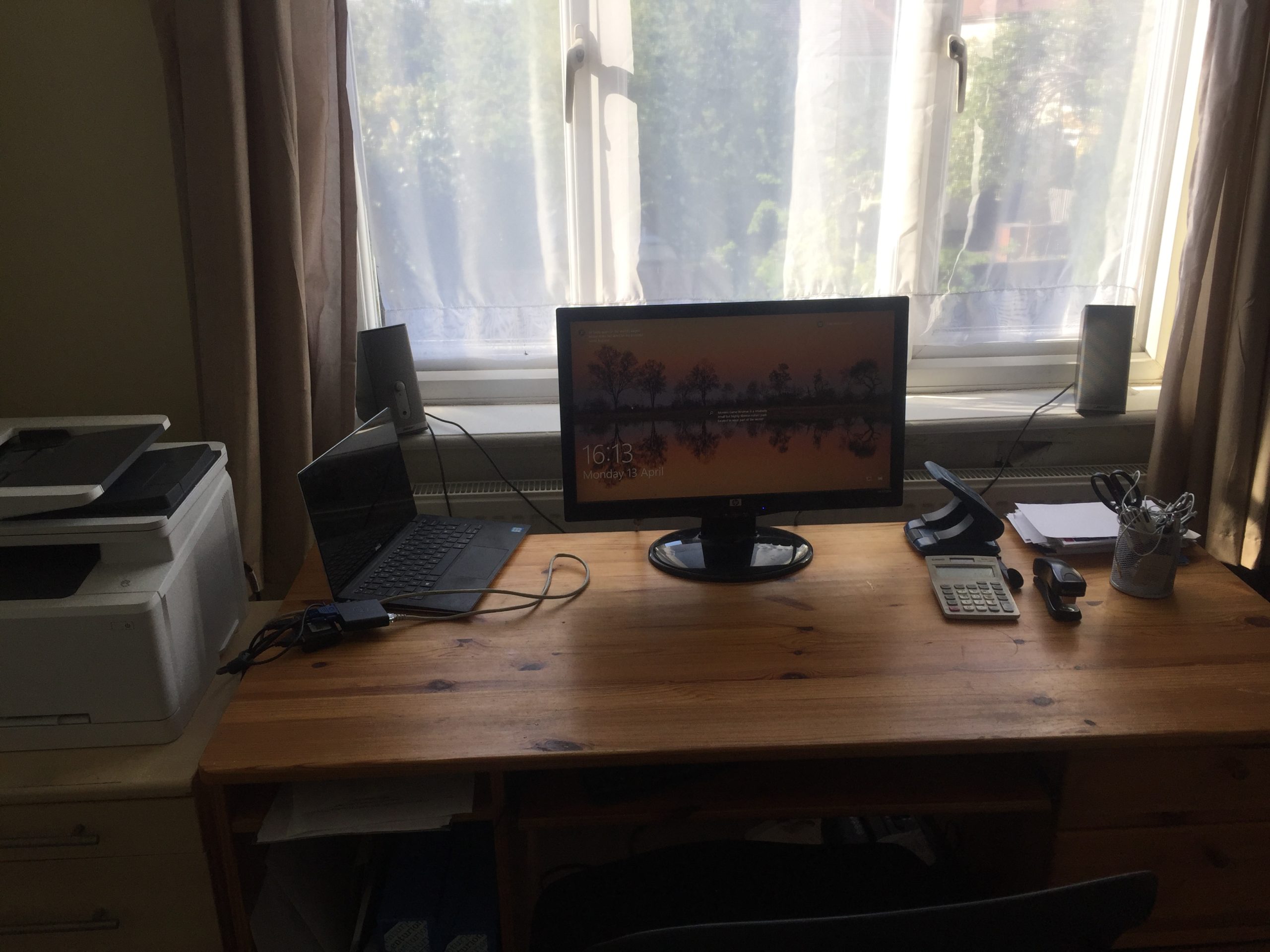
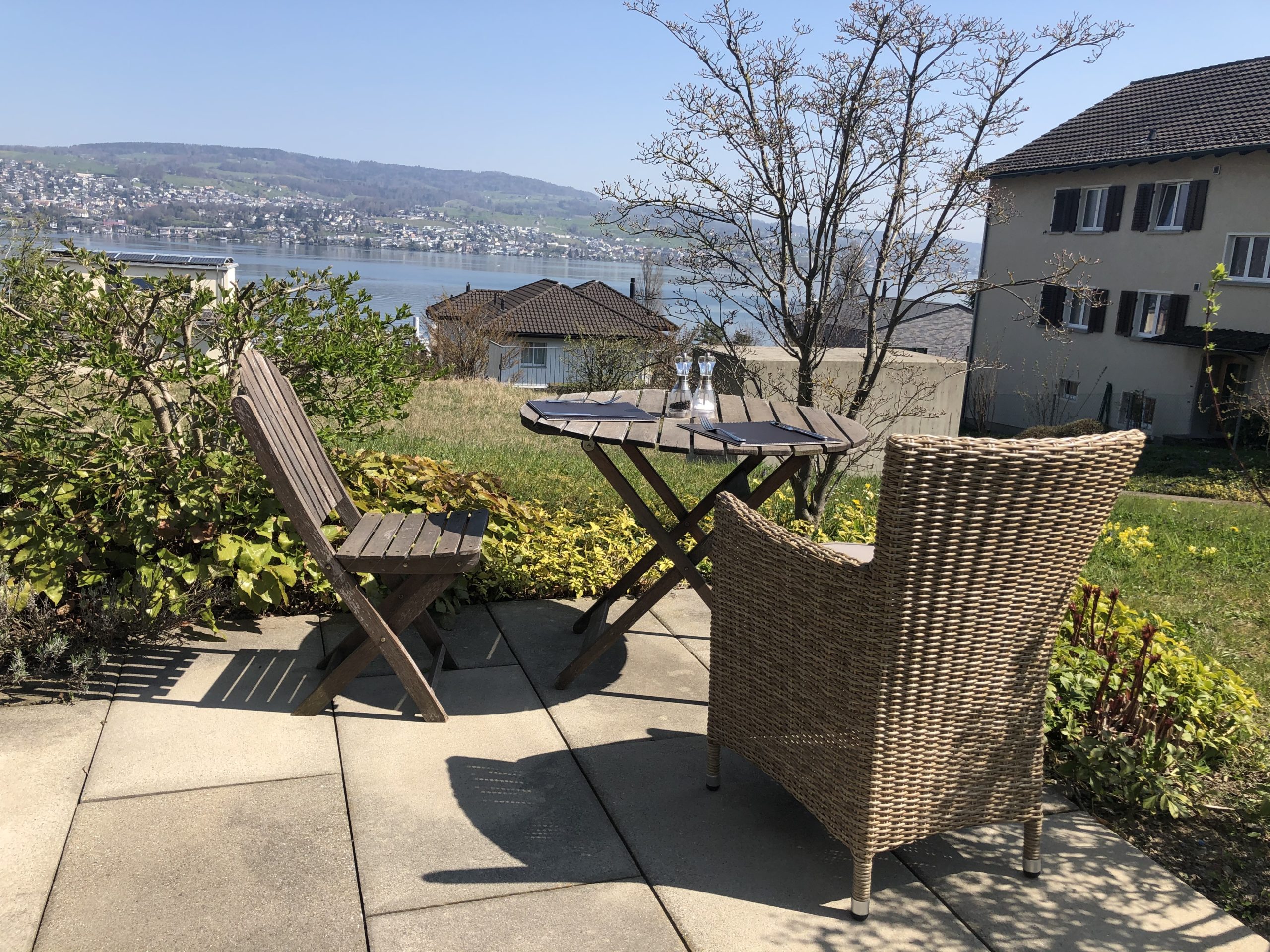
![[Article] Stop the world – I want to get off](https://www.brilliantminds.co.uk/wp-content/uploads/2020/04/stoptheworld2.jpg)
![[Article] Reflections from the NLP Leadership Summit meeting](https://www.brilliantminds.co.uk/wp-content/uploads/2020/01/NLP-Leadership-Summit.png)
![[Article] Nothing is good or bad](https://www.brilliantminds.co.uk/wp-content/uploads/2019/08/Shakespeare.jpg)
![[Video] Towards and Away From Motivation](https://www.brilliantminds.co.uk/wp-content/uploads/2019/12/videoblog19-12A.png)
![[Article] Your Mindset Matters](https://www.brilliantminds.co.uk/wp-content/uploads/2019/03/mindsetmatters.jpg)
![[Article] Getting out of overwhelm](https://www.brilliantminds.co.uk/wp-content/uploads/2019/08/outofoverwhelm.jpg)




